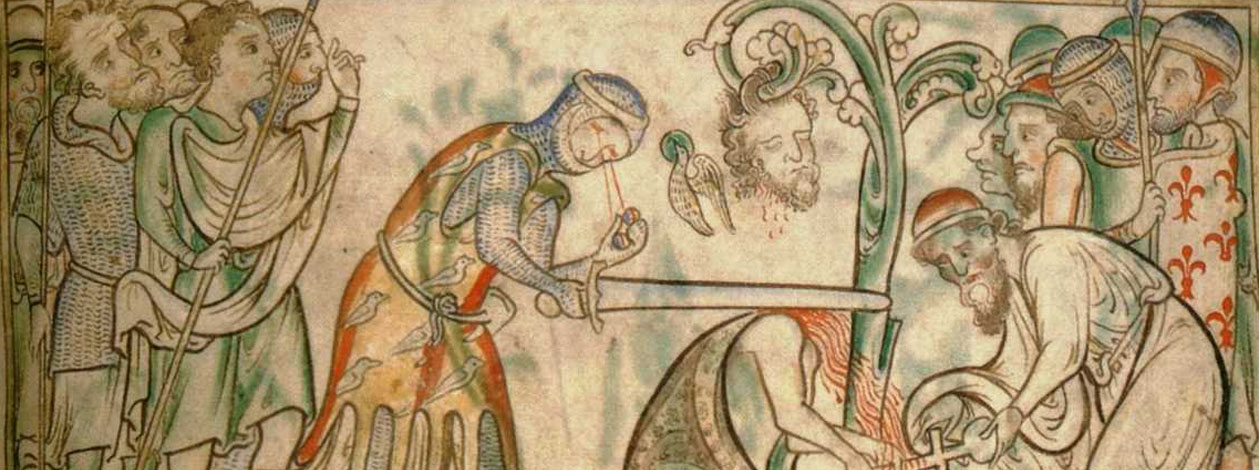Manuscripts Online enables users to search an enormous body of online primary resources relating to written and early printed culture in Britain during the period 1000 to 1500. A single search engine enables users to undertake sophisticated full-text searching of literary manuscripts, historical documents and early printed books which are located on websites owned by libraries, archives, universities and publishers.
Users are able to search the resources by keyword, but also by specific keyword types, such as person and place name, date and language (eg. Middle English, Latin and Anglo-Norman), thanks to techniques which we used called automated entity recognition.
Automated entity recognition is a Natural Language Processing technique within information science whereby algorithms are able to intelligently identify the occurrences of specific types of words, such as names, concepts and terminology, using three methods: dictionaries (such as a historical gazetteer of place names), lexical pattern matching and syntactic context.
Manuscripts Online will be of interest to researchers and students in the fields of medieval English language, literature and history. It is a sister site to the JISC-funded Connected Histories website (http://www.connectedhistories.org) which already provides similar search services for the period 1500-1900.
Website
Project Duration: November 2011 – January 2013
Project Team
- Michael Pidd (Principal Investigator – The Digital Humanities Institute)
- Dr Orietta Da Rold (Co-Investigator, University of Leicester)
- Dr Sharon Howard (Research Associate – The Digital Humanities Institute)
- Katherine Rogers (Developer – The Digital Humanities Institute)
- Matthew Groves (Developer – The Digital Humanities Institute)
- Prof. Wendy Scase (University of Birmingham)
- Prof. Jeremy Smith (University of Glasgow)
- Prof. Linne Mooney (University of York)
- Prof. John Thompson (Queen’s University Belfast)
